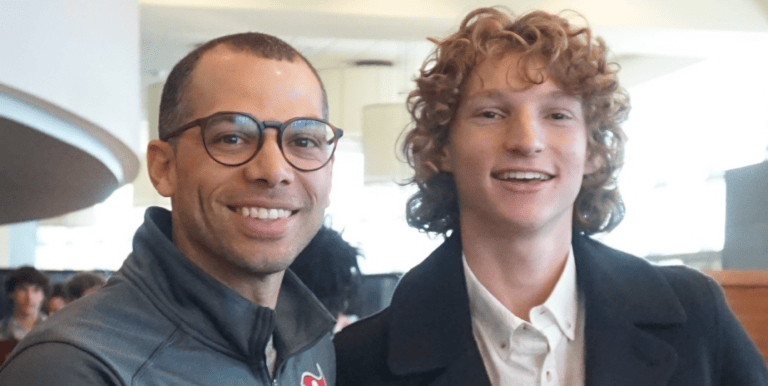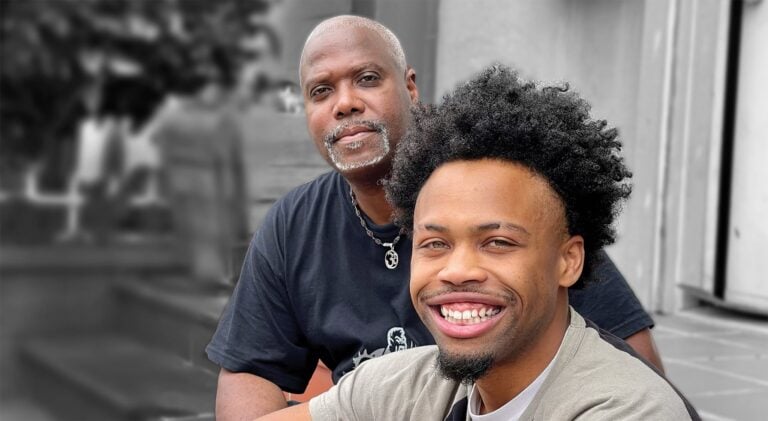PCA – Tampa Bay Announces 25 Triple-Impact Competitor® Scholarship Recipients for the
Feb 9, 2024 |
PCA - Tampa Bay Announces 25 Triple-Impact Competitor® Scholarship Recipients for the Class of 2024 Congratulations to PCA’s…




Research shows that to be effective, a positive youth sports experience includes:
CONNECTION
Relationships with caring trusted adults and peers
GROWTH
Support to stretch and develop new skills; and recognize their own ability to improve
FUN
Enjoyment through rich learning experiences
BELONGING
An environment where kids feel safe, seen, heard, and supported.
